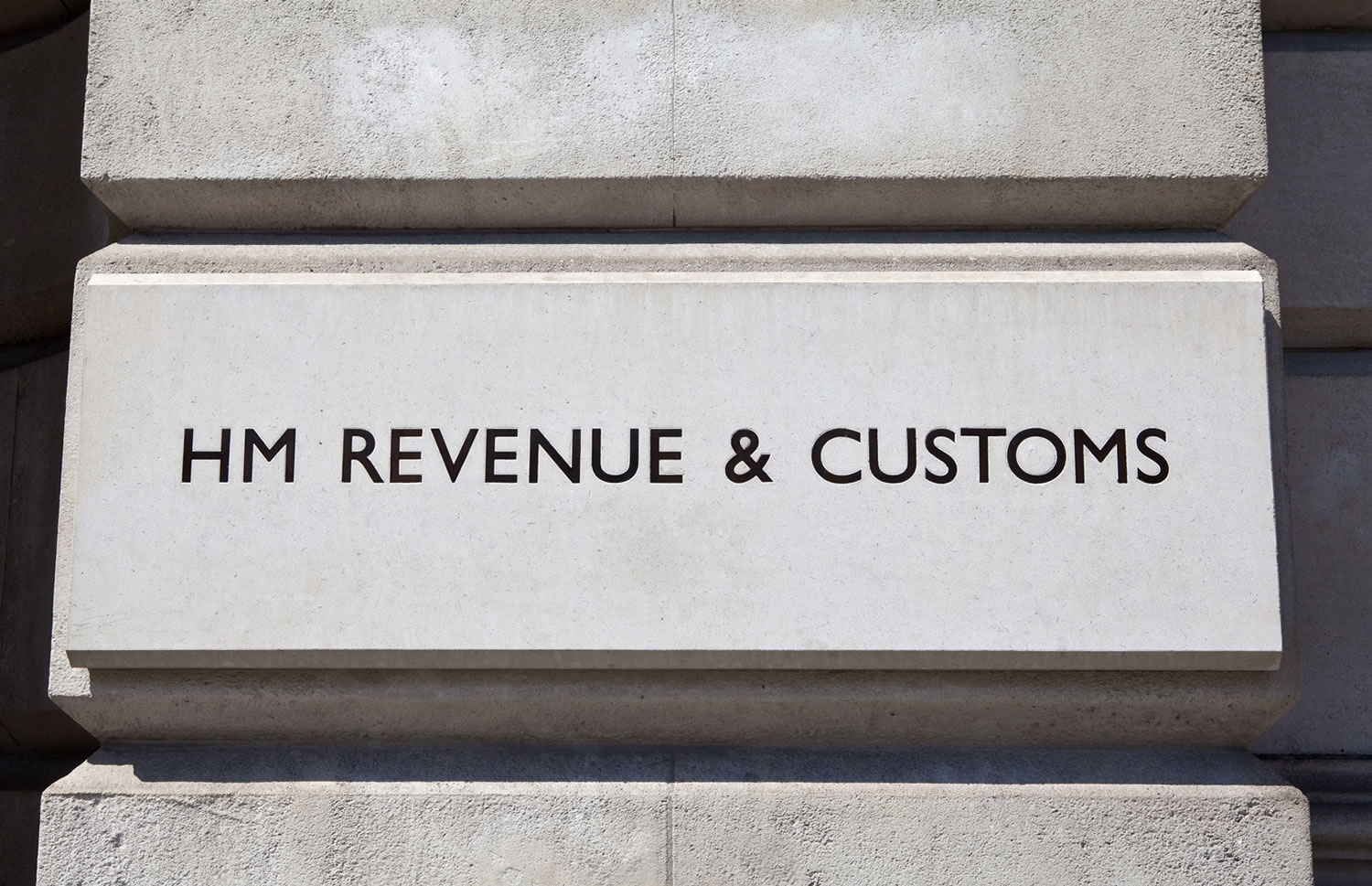From October 2022, HMRC is extending the ability for companies to make regular payments via Direct Debit, specifically for PAYE and national insurance contribution liabilities.
The new system, whose implementation was delayed from September because its intended launch date clashed with the Queen’s funeral and bank holiday, will allow companies to set up a regular payment plan for their monthly payroll submissions.
HMRC will collect the amounts due no sooner than 4 days after the due date or 4 days after the return is filed, if filed late. Collections will be based on the Real Time Information (RTI) returns and will be capped, with any single debit not to exceed £20m. However, it has been confirmed that the new facility will need to be set up by the holder of the tax account (the employer/company) and cannot be originated on their behalf by an appointed agent.
What can be paid by DD?
You’ll only need to set up your Direct Debit once and then it will automatically run each month following your RTI return. You can pay the following charges using this type of Direct Debit:
- Full Payment Submission (FPS)
- Employer Payment Submission (EPS)
- Construction Industry Scheme (CIS)
- Apprenticeship Levy (AL)
- Class 1A National Insurance
- Earlier Year Update
As it currently stands, you will not be able to pate late filing penalties via Direct Debit or, as noted above, more than £20m in returns.
How to set up your HMRC Direct Debit
To set up your Direct Debit you will need to log in to your HMRC online account and complete the mandate at least 6 days before your next return is due. You will need to set your reference to be your 13-character accounts office reference number.
If at any point you need to change your Direct Debit, you will be able to do so through your online HMRC account. Should you need to make early or late payments using the service you’ll need to add additional characters to the reference to ensure it is correctly allocated. Failure to add these may cause a delay in processing or result in misallocation.
